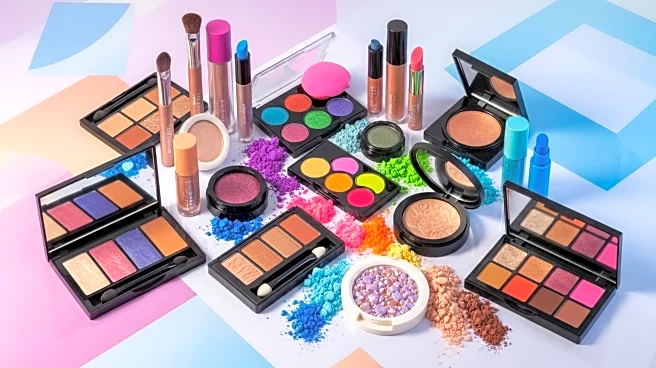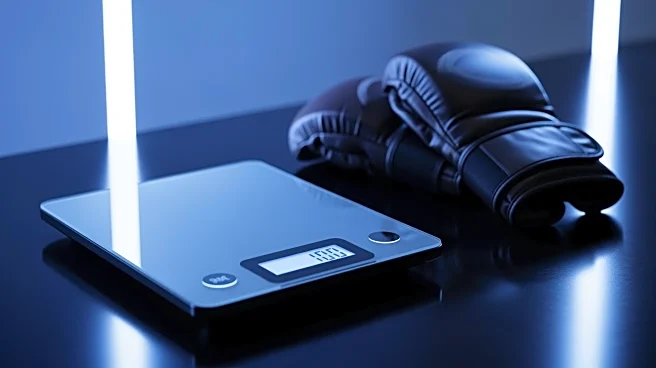What is the story about?
What's Happening?
Gen Z beauty brands, such as Bubble, Starface, and Byoma, initially gained popularity by leveraging TikTok-native aesthetics and engaging directly with their audience through social media. These brands, often founded by individuals close in age to their target demographic, utilized playful packaging and innovative marketing strategies to capture the attention of young consumers. However, as the oldest members of Gen Z approach their 30s, there is a noticeable shift in consumer expectations. The demand is moving away from gimmicky products towards those that offer proven efficacy. This change is prompting these brands to reconsider their strategies, focusing more on product performance and less on the 'fun' factor that initially drove their success.
Why It's Important?
The evolution of Gen Z beauty brands highlights a broader trend in consumer behavior where younger generations are becoming more discerning about the products they use. This shift has significant implications for the beauty industry, as brands must adapt to meet the growing demand for effective and reliable products. Companies that fail to evolve may lose market share to those that can balance innovation with proven results. This trend also underscores the importance of understanding and anticipating consumer needs, as well as the role of digital platforms in shaping brand perception and consumer engagement.
What's Next?
As Gen Z consumers continue to mature, beauty brands will likely need to adjust their product lines and marketing strategies to maintain relevance. This could involve expanding into more premium retail spaces, diversifying product offerings, and emphasizing the utility and effectiveness of their products. Retailers will play a crucial role as marketing engines, helping brands reach new audiences. The success of these brands will depend on their ability to offer unique, replenishable products at competitive price points, ensuring continued consumer loyalty even as initial novelty fades.
Beyond the Headlines
The shift in Gen Z beauty brands also reflects a cultural change where younger consumers are increasingly valuing authenticity and substance over superficial appeal. This trend may influence other industries as well, prompting a reevaluation of how products are marketed and developed. The challenge for brands will be to maintain their 'cool' factor while delivering on the promise of quality and effectiveness, a balance that is difficult to achieve but essential for long-term success.















